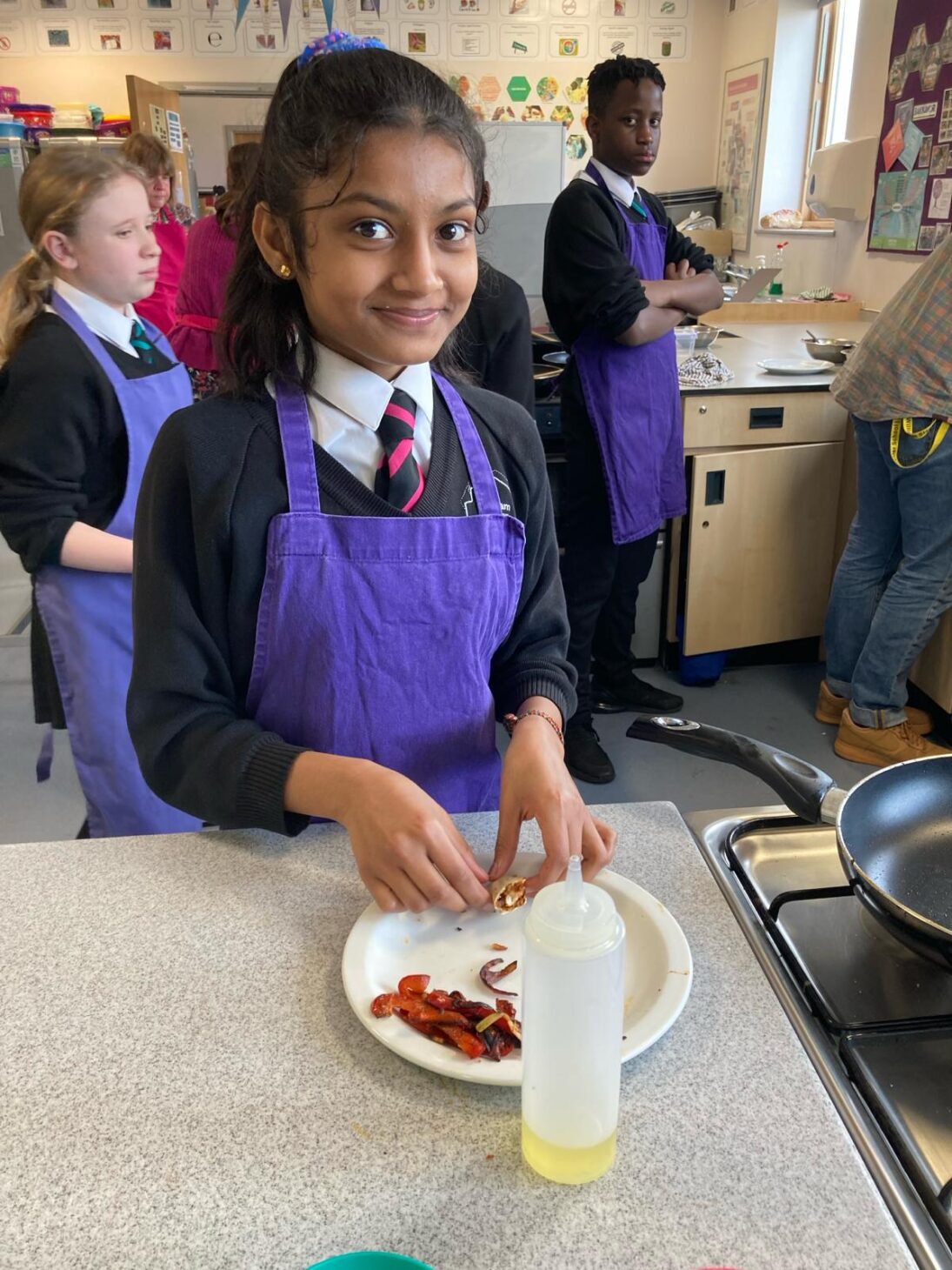How parents’ eating habits influence children
01 September 2016

We live in a world where we are bombarded with choice. This couldn’t be truer when it comes to food and drink, which can present a big challenge for parents wanting to buy healthy food for their children (healthier choices can often be overlooked in favour of products in brightly coloured packaging or featuring images of cartoon characters). As the main gatekeeper of the food and drink that enters my family’s home, I have always felt that this is the best place to influence what my children consume. When it comes to drinks, the only choice they have at home is water and milk, and they don’t seem to make too much of a fuss about it (this is, of course, a different story when we are elsewhere!). But perhaps a greater emphasis should be placed on what we, as parents are consuming and how through our own choices we can positively influence our children, both in and out of the home. The copycat effect At the Natural Hydration Council, we recently published a report looking at the influence parents’ habits have on children. Children ‘parrot’ our behaviours from an early age. So to encourage healthy eating habits, we need to express pleasure in what we eat and drink, placing particular emphasis on doing this for healthier foods and drinks, while toning this down for less healthy products. Results from the survey we commissioned, featuring 1,000 parents from across the UK and one of their children, aged 4 to 8 years old, shows the significant influence that parents are having on what their children drink. Children living with parents who drink fizzy drinks often were almost three times more likely to drink fizzy drinks than other 4 to 8 year-olds. The study found that 12% of all 4 to 8 year-olds had a fizzy drink on any given day, with the percentage rising to 35% in households where a parent often drinks fizzy drinks. Where parents drank fruit juice often, children were more than twice as likely to also drink fruit juice daily. This shows how the parents’ habits could cause children to fall out of line with latest healthy eating recommendations. Public Health England’s new Eatwell Guide, for example, now advises that intakes of fruit juice and/or smoothies should be limited to a total of 150ml a day as they are a source of free sugars. Wonderful water While more than 6 in 10 of the children surveyed drank plain water on any given day, the parental influence was still able to impact their overall consumption, with a rise to 87% in households where parents drink plain water often. This demonstrates the potential for parents to positively influence healthy hydration habits, as well as unhealthy ones. Plain drinking water has no calories or sugar and really should be the drink we all drink the most of. However, in the UK, 60% of us drink one serving or less a day! While the government’s Childhood Obesity Strategy includes measures to reduce consumption of sugar-sweetened beverages, the one drink that seems to be overlooked is water. We have safe drinking water coming out of our taps, and high-quality natural mineral and spring waters available in every shop, so we should aim to make drinking water the norm and the first choice for healthy hydration, both in and out of the home. Top tips to make drinking plain water more fun for adults and children:
- Mix up the way you offer it – in different tumblers, drinking or sports bottles, fun ice shapes or a coloured/curly straw
- Add a slice of cucumber, orange or kiwi, a strawberry or a hint of mint
- Mention the temperature – “would you like a nice ‘cold’ drink of water?”
About Rosanna Bluett
About



